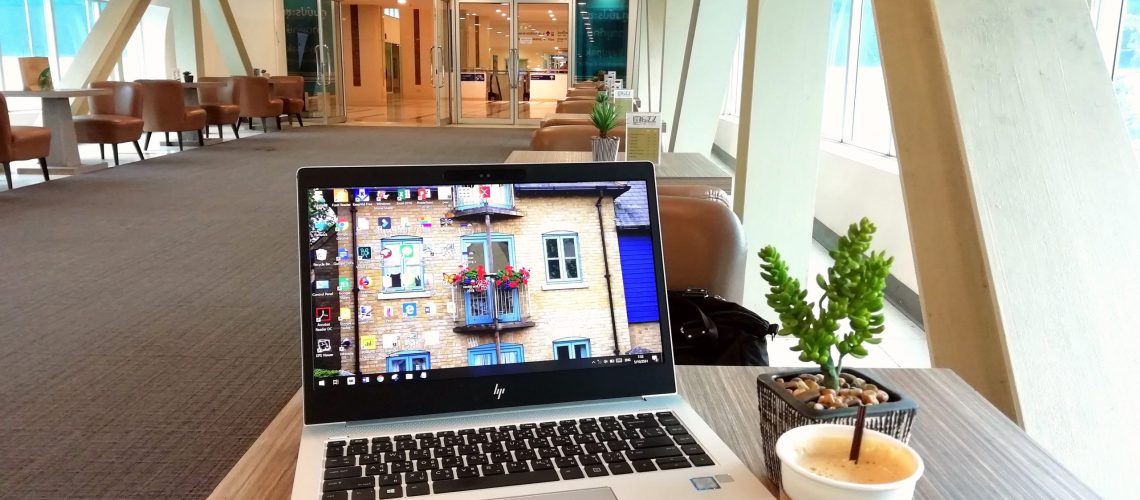Hot desking, the idea that a desk in an office is used my many people whenever they find it free, has mushroomed in use over the past decade despite growing evidence that it’s unpopular with workers – and possibly bad for them too.
The idea behind hot desking is simple: you could save a lot of money by reducing the amount of expensive office space needed by sharing the large proportion of unused desks while people are away, in meetings or working elsewhere.
Under-used office space in England and Wales for example costs businesses R200bn*(1) a year.
While the cost savings ambitions are admirable the second tier effects of hot desking haven’t been fully considered by some companies which have not adapted their offices to accommodate a style of working unfamiliar to many.
We’ve noticed that workers often have to spend time finding somewhere to sit and can spend as much as 18*(2) minutes a day on average looking for a spot. Clearly this is unproductive, and particularly impacts those who have arrived later to work. It can mean once someone has finally found a desk they are already quite stressed before the workday has even begun.
While hot desking suits some people, it can adversely affect the many staff who have to be in the office each day and need to know they’ve got everything they need where they need it.
Not knowing where the people you need to collaborate with are sitting can impair productivity too. Often a query can be solved much quicker by simply going over to a coworker’s desk, rather than relying on email ping-pong. But that can’t happen if you’re wandering the floor trying to find them.
In many workplaces now, poor acoustics and lack of visual privacy are a major concern but fixable.
Hot desking isn’t complete disaster because employers could be doing a lot more to make it work better for everyone – by looking into acoustic treatments for noisy open-plan offices and ensuring there’s a decent balance of collaborative and private work areas.
Rows of open-plan space with hundreds of desks is not appealing to anyone.
Companies need to be rethink how people move, create and collaborate and translate that into a thoughtfully designed place.
Companies are recommended to use use light-scale, light-weight, easily movable furniture which allows teams to feel empowered to take over the space and easily create a space that best suits their needs.
Another suggestion is to combine furniture and technology in a way that encourages equal contribution by all members of a team.
Companies also need enable privacy and control over the environment to provide a ‘safe haven’ spaces where new ideas can incubate.
Isla Galloway-Gaul is the Managing Director of Inspiration Office.

























